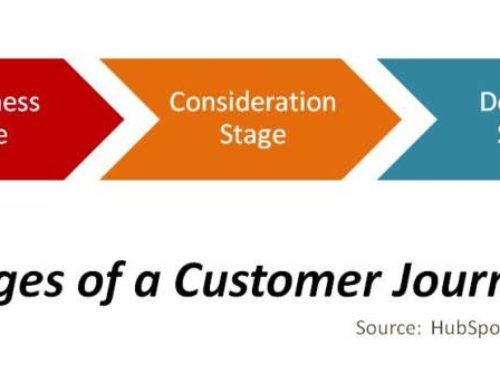No matter what small business sector you operate in, you must be involved in selling or you will go out of business at a record rate of speed. You may not think of yourself as a sales professional, but you need to be if you want your business to succeed. Selling and sales are overlooked topics in most university programs. Somehow we are all expected to figure it all out on our own once we graduate and enter the business world. Unfortunately, it won’t happen that way. Small business selling is one of those skills gained through self-education, company training and experience. Selling affects consumer lives.

freedigitalphotos.net – nenetus
In their book, Rainmaking Conversations: Influence, Persuade and Sell in Any Situation, Mike Schultz and John Doerr noted that all sales begin and end with conversations. During those crucial conversations, selling affects consumer lives in not just one, but two important ways. – rational and emotional.
Are there other ways? Maybe, but these two ‘values’ grabbed my attention when I first read the book. They impressed me enough to underline that section. I’m not one to mark up my books, but this was clearly important enough to know, and remember, in terms of a successful business process.
Selling Affects Consumer Lives Emotionally
Dozens of books and articles tell us that in our sales capacity as small business owners, we need to be aware of the psychological or emotional ways that we touch potential customers. It goes without saying that knowing what emotional hot buttons to push to nudge customers toward a purchase is important. Sales strategy is generally based on a series of steps between initial contact through sales closure. Your emotional success may just move a customer from one step to the next.
How can you affect your target audience(s) on the emotional side of selling? Like anything else – it depends. It depends on what kind of business you have and what products and services you offer. Each product or service type can touch on different emotional buttons. It is your responsibility to determine which of those emotional buttons applies to what you have brought to the marketplace.
- Interior Design or Architecture Professionals: You might approach sales prospects’ emotional issues by improving security in their workplace or home. Use your design skills to address issues that affect family members with physical or mental challenges, making their lives better. Just creating a pleasant, enjoyable home or workplace for customers can have a huge emotional effect.
- CPAs and Tax Prep Offices: Tax preparation skills provide emotional relief to clients by assuring their tax return won’t be audited by the IRS. Or, provide assurance that they have taken advantage of every sizable, legitimate deduction. Everyone wants to get as much of a tax refund as possible. Your services lead to emotional relief that funds will be available for a vacation, a major home repair, a new car or college tuition. Likewise, financial and estate planning services put clients’ minds at rest that upon their death, the family will be taken care of.
- Picture Framing Shop: Your products and services can emotionally affect customers in a big way. You are responsible for providing ways for them to attractively highlight and display documents and images of important moments in their lives. The warmth of years of pleasant memories affects their emotions in a big way.
Selling Affects Consumer Lives Rationally
A multitude of movies and television shows present ideal, usually non-existent, customer types. You know them – they have no budget and ‘the sky is the limit ‘ when it comes to spending money. In years of work in commercial interior design and management consulting, I have yet to find one of those customers.
Cost is everything, and value for cost, follows right on its heels. These affect the rational side of selling. How much will this cost me? How long will it take to get the product or finish our project? Does your company use top quality, or sustainable, materials in your products? Is there a warranty for your goods and services? What are your credit terms? These are typical rational questions most customers ask before making the decision to buy.
Very few customers base their buying decisions strictly on either rational or emotional factors. It is a combination of the two that set you up for a successful sale. Therefore, you should prepare for both sides of these issues before you make an appointment to talk with a prospect. Preparation will take you to a higher level of professionalism and readiness for a successful sales call. Know which questions they are likely to ask. Arrive ready to touch all, or at least most, of their rational and emotional hot buttons.
Take the time to develop your company’s sales system. Prepared company processes put your small business in a position where all of your staff are operating the same way, getting better results. Processes and systems are a big part of what it takes to grow your business successfully. If you’re not sure where to begin with your small business systems and processes, we can help.





